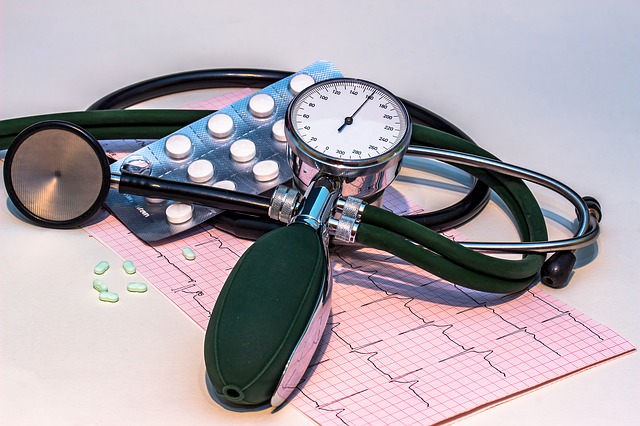Managing resistant hypertension can be very challenging. There are lots of factors that can go into raising blood pressure and as a pharmacist, we need to remember a what some of those factors are. Here’s a few questions I think about when I encounter a patient with resistant hypertension.
- What meds are they on? My first thought as a pharmacist in managing resistant hypertension is to review the medication list and make sure current medications and not contributing to the prescribing cascade. Classic examples of medications that can contribute to hypertension include NSAIDs, stimulants, and ESA’s. You need to ask you patients’ if they are taking any of these.
- Are they taking their medications? This should probably be number one. Adherence to the medication regimen is so critical as so many patients are non-adherent.
- Have medical causes been ruled out? This is a little out of our scope as pharmacists, but the question should be raised to the provider if it hasn’t been addressed and antihypertensives keep getting added/increased without results. Sleep apnea is a classic diagnosis that can lead to resistant hypertension.
- Are we using medications that aren’t effective in specific patients? A couple examples that come to mind; thiazide diuretics like hydrochlorothiazide tend to not be very effect at lowering blood pressure in patients with poor kidney function. Use of RAAS drugs may not be that effective in blacks.
- Have we tried a wide range of mechanisms of action? In patients with resistant hypertension, make sure that we have tried different medications from different classes. Depending upon genetics/pharmacokinetic/pharmacodynamic differences, one mechanism may work better than another.
What else do you think about when looking at resistant hypertension?
Love the blog? Get a free gift simply for following! Over 4,000 medication loving healthcare professional have taken advantage of this!



Add high dose SNRI such as Effexor XR 225mg daily for meds that can raise blood pressure
1. What doses of antihypertensive drugs are prescribed? Giving someone tiny doses might not be effective. Although small diuretic doses are common, obese patients may need larger doses (up to 100 mg daily of HCTZ).
2. What is the complexity of ALL meds as a contributor to adherence? Try to simplfy the regimen to 1-2 times daily if possible.
3. Are adverse effects impacting adherence? Find an alternative (all drugs lower BP that lower BP, so there is nothing that is “best”).